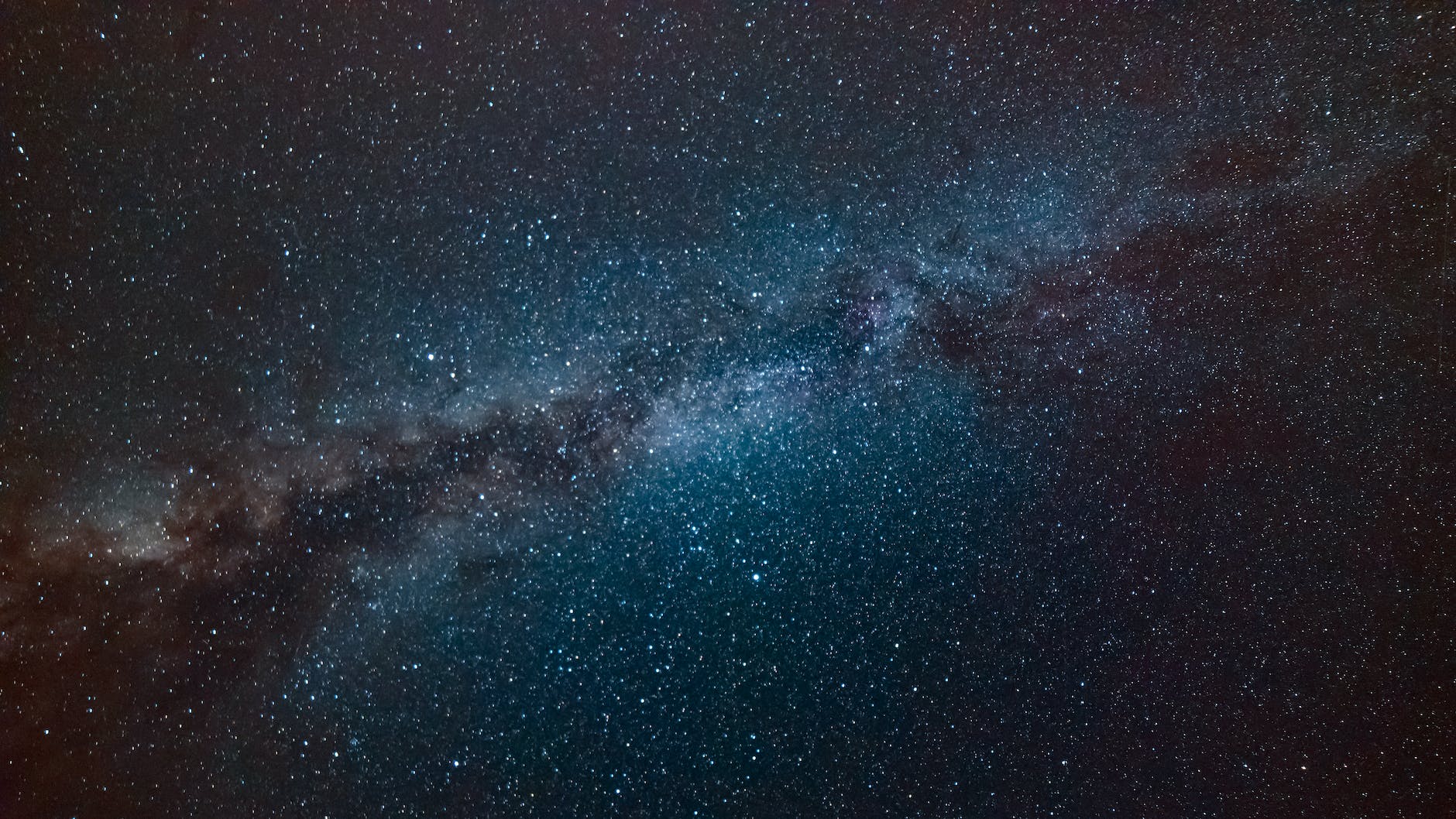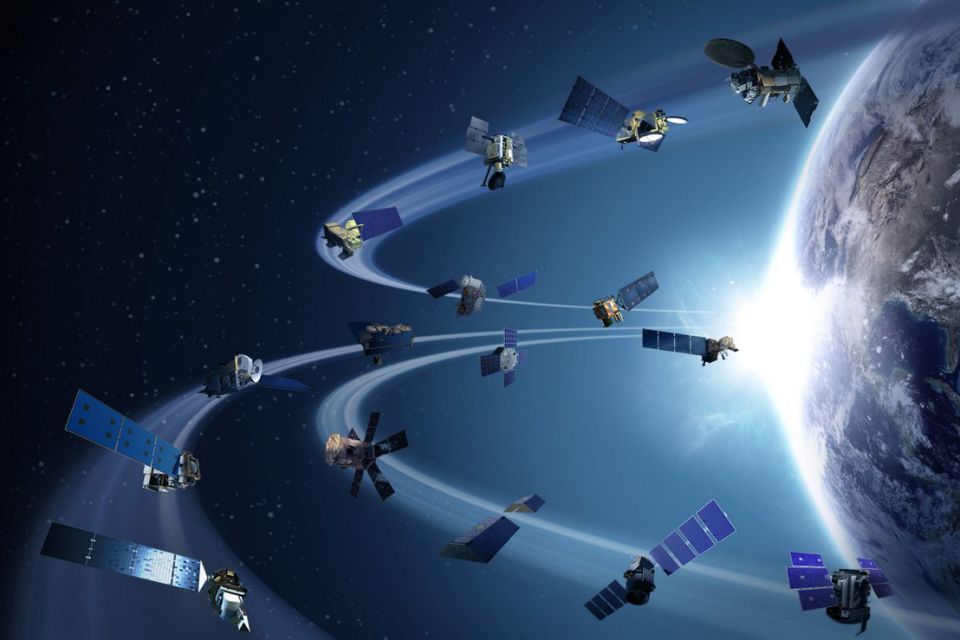
Predicting the not-so-Northern Lights
For the first time in two decades, stargazers across the southern United States have been dazzled by colorful, undulating waves of light in the night sky. These so-called Northern Lights are vibrant displays of the interaction between electrons and ions emitted by the Sun and the Earth’s upper atmosphere. While this interaction usually occurs closer






